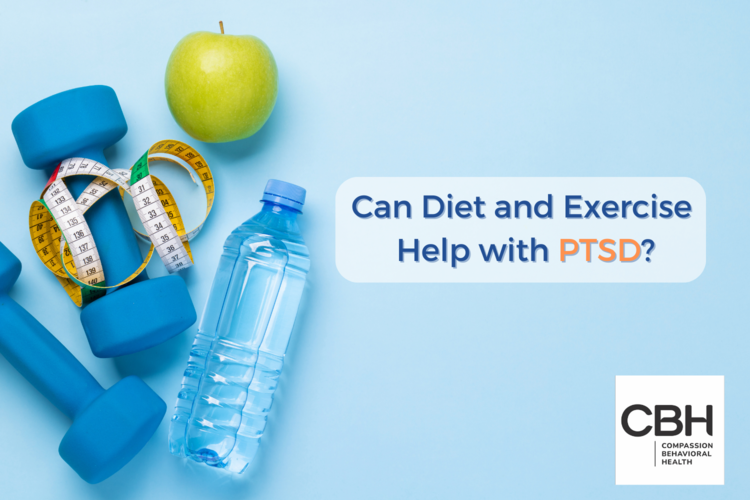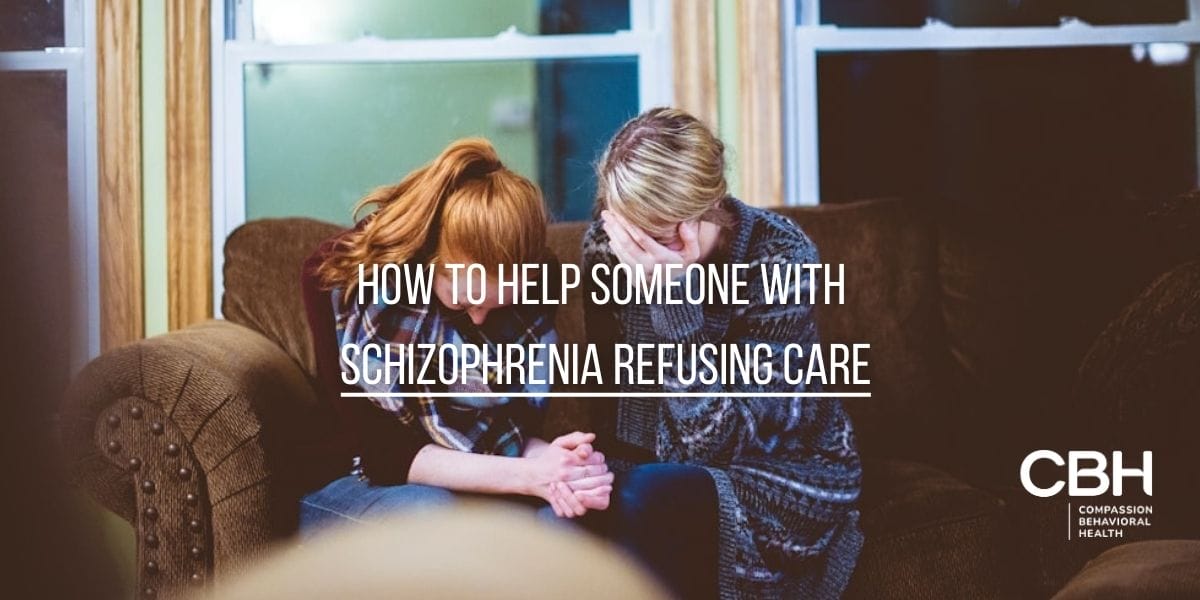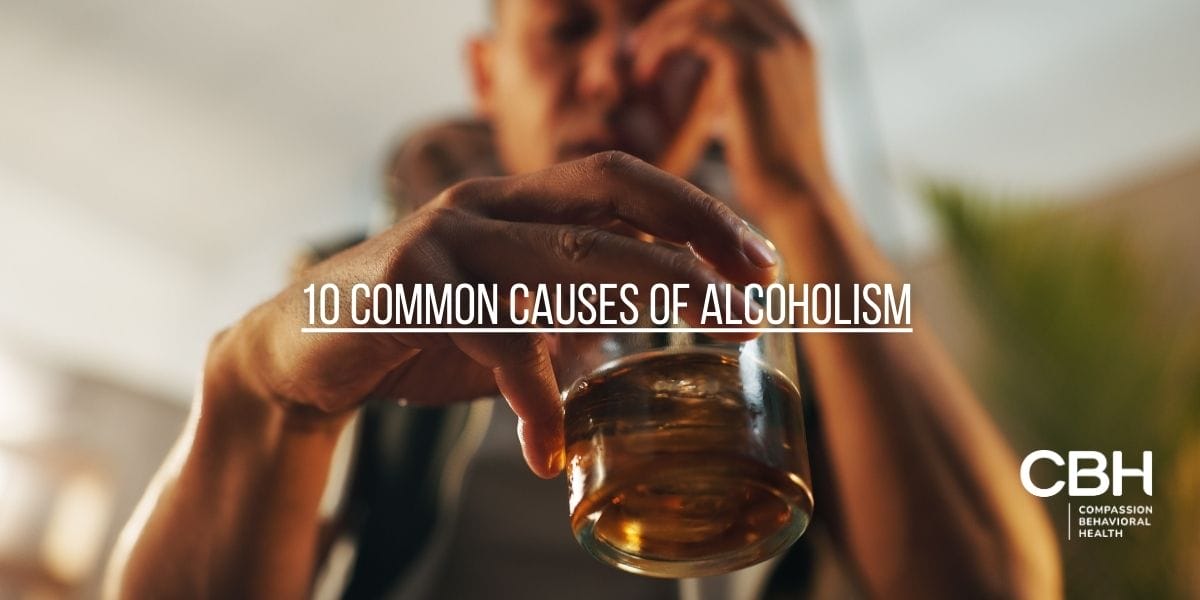Post-Traumatic Stress Disorder, commonly known as PTSD, is a debilitating mental health condition triggered by experiencing or witnessing a traumatic event. This disorder affects millions of people worldwide. The conventional therapeutic treatments for PTSD are psychotherapy and medication. Nonetheless, recent studies have been exploring if incorporating lifestyle changes, such as diet and exercise, can help with PTSD management.
Understanding PTSD: Causes and Symptoms
What is PTSD?
Post-Traumatic Stress Disorder (PTSD) is a complex mental health disorder that can occur after a person experiences or witnesses a terrifying event. This event could be a direct personal experience, such as a natural disaster, car accident, or physical assault, or it could be the observation of a similar traumatic experience happening to another person.
PTSD symptoms can vary greatly among individuals, but they often include intrusive memories of the traumatic incident, negative changes in mood and cognitive function, and alterations in physical and emotional responses. These symptoms can persist for months or even years, affecting the person’s daily life and overall well-being.
Common Triggers and Symptoms of PTSD
Triggers for PTSD symptoms are often associated with reminders of the traumatic event. These triggers can be external, such as certain sounds, images, smells, or specific people and places that resemble the traumatic experience. They can also be internal, such as distressing thoughts or emotions that arise when thinking about the event.
When exposed to these triggers, individuals with PTSD may experience intense emotional and physical reactions, such as panic attacks, nightmares, or flashbacks of the event. These symptoms can be distressing and overwhelming, making it challenging for individuals to engage in their regular activities and maintain healthy relationships.
Additionally, PTSD is often associated with other mental health issues, such as depression, anxiety disorders, and substance abuse. The co-occurrence of these conditions can complicate the treatment process and require a comprehensive approach to address all aspects of an individual’s well-being.
Understanding the causes and symptoms of PTSD is crucial in order to provide appropriate support and treatment to those affected. By raising awareness and promoting empathy, we can create a more compassionate society that helps individuals on their journey to PTSD recovery.
The Role of Diet in Managing PTSD
Nutritional Needs for PTSD Patients
Nutrition plays a crucial role in maintaining mental health. For PTSD patients, a proper diet can aid in managing their symptoms. While there’s no specific diet to treat PTSD, a diet rich in nutrients can improve overall mental well-being. Such elements include vitamins D and B12, Omega-3 fatty acids, and antioxidants.

When it comes to managing PTSD, it’s essential to consider the specific nutritional needs of patients. Vitamin D, often referred to as the “sunshine vitamin,” is essential for maintaining brain health and regulating mood. B12, on the other hand, is involved in the production of neurotransmitters that affect mood and cognition. Omega-3 fatty acids, found in fatty fish like salmon and mackerel, have been shown to reduce inflammation in the brain and improve overall mental health. Lastly, antioxidants, abundant in fruits and vegetables, help protect the brain from oxidative stress and promote optimal brain function.
Foods to Include in a PTSD-Friendly Diet
Several foods have been linked to mental health improvement. Fruits and vegetables, lean proteins, whole grains, legumes, and healthy fats should be a part of a PTSD-friendly diet. These nutrient-rich foods can help replenish the body and mind, helping to mitigate some PTSD symptoms.

When it comes to fruits and vegetables, a colorful variety is recommended. Different colors indicate different phytochemicals, which have various health benefits. For example, blueberries are rich in antioxidants and have been shown to improve memory and cognitive function. Leafy greens like spinach and kale are packed with essential vitamins and minerals that support brain health.
Lean proteins, such as chicken, turkey, and tofu, provide the necessary amino acids for neurotransmitter production. Whole grains like quinoa and brown rice are excellent sources of complex carbohydrates, which provide a steady release of energy and promote a stable mood. Legumes like lentils and beans are high in fiber and protein, making them a nutritious addition to any PTSD-friendly diet.

Healthy fats, such as those found in avocados, nuts, and olive oil, are essential for brain health and function. These fats help maintain cell membranes and promote the absorption of fat-soluble vitamins. Including these foods in a PTSD-friendly diet can provide the necessary nutrients to support mental well-being.
Foods to Avoid When Managing PTSD

Just as certain foods can support mental health, others can detriment it. Foods and beverages high in sugar, caffeine, and alcohol can exacerbate PTSD symptoms. These substances can trigger changes in mood, energy levels, and disrupt sleep patterns. Thus, they are best avoided for people struggling with PTSD.
Sugar, often found in processed foods and sugary drinks, can lead to energy crashes and mood swings. Excessive caffeine consumption, found in coffee, tea, and energy drinks, can increase anxiety and interfere with sleep. Alcohol, a depressant, can worsen symptoms of depression and anxiety, which are often associated with PTSD.

It’s important for PTSD patients to be mindful of their dietary choices and avoid these potential triggers. Instead, opting for healthier alternatives like herbal teas, water, and natural sweeteners can contribute to better mental well-being.
The Impact of Exercise on PTSD
The Connection Between Physical Activity and Mental Health

Physical activity has been widely acknowledged for its mental health benefits. Regular exercise can reduce symptoms of many mental health disorders, including PTSD. It has a stress-reducing effect, can improve sleep, and boost mood. Specifically, exercise can help people suffering from PTSD by providing a healthy coping mechanism, reducing stress triggers, and improving self-esteem.
Recommended Exercises for PTSD Patients
The type of exercise that will benefit an individual with PTSD can vary greatly. Generally, any physical activity that a person enjoys and feels comfortable doing can be beneficial. This could range from walking, cycling, and swimming, to more structured activities like yoga and pilates. The key is to find an activity that brings joy, can be performed consistently, and allows for positive thought distraction during practice.

Case Studies: Diet and Exercise as a PTSD Management Strategy
Success Stories of PTSD Management Through Diet and Exercise
Several case studies have shown the remarkable effect of diet and exercise on PTSD management. Many individuals report a decrease in PTSD symptoms, improved moods, better stress coping mechanisms, and overall higher quality of life with consistent exercise and a healthy diet.

Professional Opinions: What Experts Say About Diet, Exercise, and PTSD
Psychologists’ Views on Diet and Exercise for PTSD
Many psychologists acknowledge the positive influence of diet and exercise on mental health. They often encourage their clients to incorporate these elements into their PTSD management strategies. However, experts also caution that diet and exercise should not replace professional treatments, but complement them.
Nutritionists’ Recommendations for PTSD Patients
Nutritionists understand the significant role diet plays in managing PTSD. They can guide patients on specific dietary changes to support mental health. These recommendations often involve a balanced diet rich in whole foods and low in processed or trigger foods. Even small changes, if consistent, can lead to improved mental health over time.

While diet and exercise may not cure PTSD, when used in conjunction with conventional treatments, they can make a significant difference in managing this condition. They contribute to a holistic healing approach, combining physical well-being with mental and emotional health.
Get Professional Help for PTSD
At Compassion Behavioral Health, we prioritize a holistic approach to PTSD treatment, understanding that each individual has unique needs and experiences. Our trained professionals offer evidence-based PTSD therapies combined with supportive counseling, ensuring that every facet of PTSD is addressed. To learn more about our effective PTSD treatment plan, call us or contact us today.



